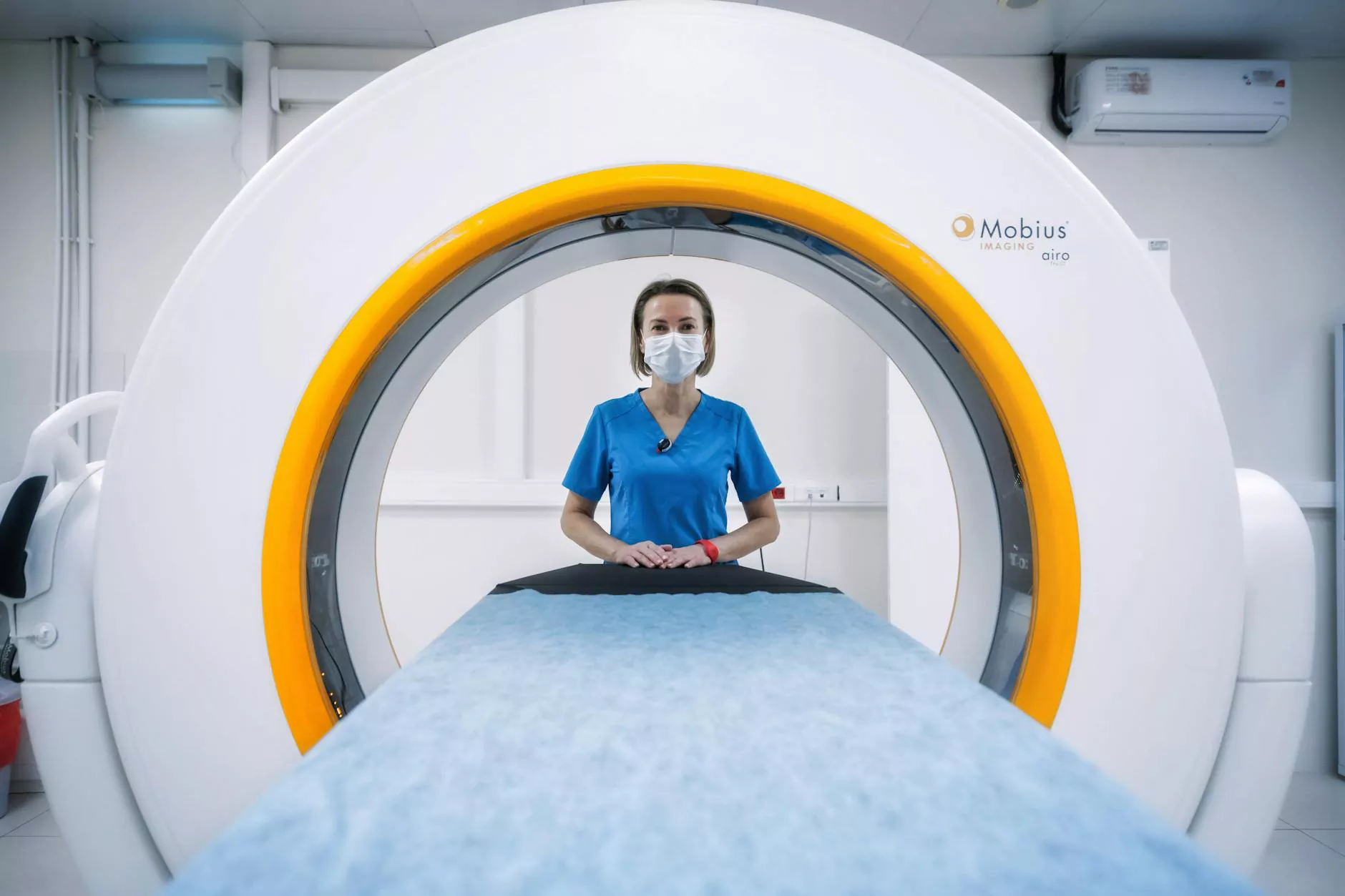After 'Mini-Stroke,' Drug Combo Could Help Cut Odds for Major Attack
Heart Health
Introduction
Welcome to Bowling Orthopaedics, your trusted source of comprehensive information on various health conditions and treatments. In this article, we delve into the topic of mini-strokes and how a drug combination can significantly reduce the chances of a major stroke following a mini-stroke incident.
Understanding Mini-Strokes
A mini-stroke, also known as a transient ischemic attack (TIA), is a temporary disruption of blood flow to a part of the brain. It shares similar symptoms to a stroke but usually resolves within a few minutes to hours without causing long-term damage. However, it should never be ignored as it serves as a warning sign of an increased risk of a major stroke.
Minimizing the Risk with Drug Combination
Recent medical studies have shown promising results in reducing the chances of a major stroke after experiencing a mini-stroke by utilizing a specific drug combination. These medication combinations, carefully prescribed by healthcare professionals, target different aspects of stroke prevention, including blood clot formation, blood pressure management, and cholesterol control.
The Benefits of Drug Combination
A well-planned drug combination, tailored to individual patients, offers several benefits in the context of reducing the risk of major stroke following a mini-stroke:
- Improved Blood Flow: Certain medications in the combination help improve blood flow to the brain, ensuring adequate oxygen supply and reducing the chances of clot formation.
- Blood Clot Prevention: Antiplatelet drugs, such as aspirin and clopidogrel, included in the combination regimen, help prevent blood clot formation, reducing the risk of a major stroke.
- Blood Pressure Management: Controlling blood pressure is crucial in stroke prevention. The drug combination may include medications that effectively lower blood pressure, decreasing the likelihood of a major stroke event.
- Cholesterol Control: High cholesterol levels contribute to the development of atherosclerosis, a condition where plaques build up in the arteries, increasing the risk of stroke. The drug combination may incorporate cholesterol-lowering medications to mitigate this risk factor.
- Comprehensive Stroke Prevention: By combining these medications, patients receive a comprehensive approach to stroke prevention, addressing multiple risk factors simultaneously.
Consultation and Individualized Treatment
It is important to note that each patient's situation is unique, and the best course of action depends on various factors. Consulting with a qualified healthcare professional, such as the experts at Bowling Orthopaedics, is crucial to determine the most suitable drug combination and dosage for an individual's specific needs.
Conclusion
Incorporating a well-designed drug combination after experiencing a mini-stroke can significantly reduce the chances of a major stroke, providing peace of mind and improved long-term health outcomes. At Bowling Orthopaedics, we are dedicated to providing accurate and up-to-date information on stroke prevention strategies. Contact us today to schedule a consultation and explore the options available for reducing the odds of a major stroke following a mini-stroke incident.










